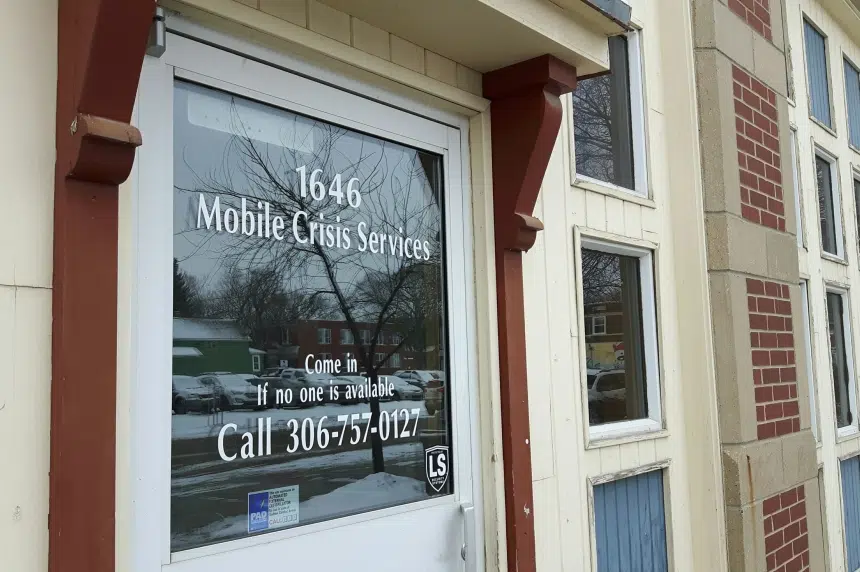Workers at Regina Mobile Crisis Services have voted in favour of the option to strike.
The Saskatchewan Government Employees Union (SGEU) said 38 members issued a strike mandate to the negotiating committee. The last collective bargaining agreement expired in March 2014.
According to the union, negotiations were held up over the issue of scheduling one person to answer phone calls on weekday afternoons, as well as cutting back staff levels to only three or two people instead of four on the weekends which are typically busier.
Crisis workers are available 24 hours a day and seven days a week to help people in emergency situations. They handle suicide intervention, respond to domestic violence calls and care for children during violent family crisis. SGEU says scheduling is putting clients at greater risk.
“Employees are continually left with making these unethical decisions about which person is going to be dealt with, and which person is going to be on put on hold,” explained SGEU president Bob Bymoen.
Bymoen said while there are always discussions about money in any contract negotiation, the scheduling issue is the most significant one at this time.
A strike mandate means that the union can issue 48 hours notice to the employer for a strike if necessary.
A government spokesperson issued a brief statement on behalf of the Ministry of Social Services in response to the strike mandate.
“We value the important work that mobile crisis workers do to support vulnerable individuals, families and children,” the statement said. “Bargaining is continuing and we can’t comment in detail on that.”
It went on to say that in the event of a strike, Social Services will ensure access to 24 hour emergency services.
Mobile Crisis says scheduling is based on times with highest number of calls
Grant Nicurity heads up the board of directors for Regina Mobile Crisis Services. He said as a non-profit organization, they work within a limited budget.
“So as management, we have to decide where we spend the resource dollars that we do have, and where the greatest need is,” he said. “In other words, do we staff up in our typically busiest times, or do we staff up when we don’t have the typical business?”
The choice was made to schedule more staff at night when they have the highest volume of calls. Overnight, there are five people who answer phone calls at mobile crisis. Between the hours of 8 a.m. and 5 p.m. other partner organizations handle the majority of crisis calls.
Nicurity says they monitor and analyze the staffing levels and the decision was based on the number and type of intake calls. He also said this issue was carried over from the last round of negotiations and has been on their radar since 2013.
He clarified that scheduling one person to answer the phones on weekday afternoons does not mean that anyone would ever be sent out to deal with a call in person on their own. He also said mobile crisis has a personal answering service and all of those messages get answered right away by a text system. He said there would only be a very short delay on some occasions.
Nicurity pointed out that as a non-profit, mobile crisis is currently operating in a $50,000 deficit and negotiating with seven major funding partners to get more resources. The Ministry of Social Services funds 74 per cent of the operations at mobile crisis.











